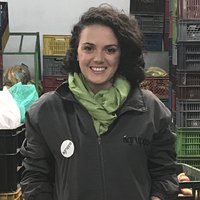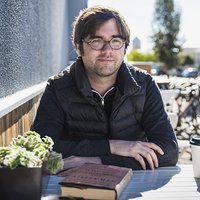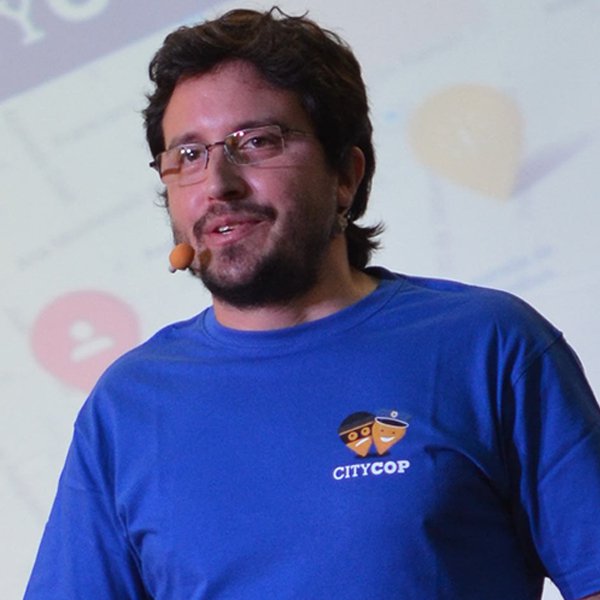What can victims of a crime do when
they don´t trust the authorities? The perception that local authorities are
corrupt or that bureaucracy takes too long to produce unsatisfactory results
creates a separation between citizens and the authorities, and this leads many
crimes to go unreported – more than 60% in Latin America, according to the
United Nations Development Program´s citizen security report.
Nadim Curi believes that delinquents take advantage of this situation to commit
crimes with impunity, and he is committed to doing something about it. With
this objective in mind, this young Uruguayan developed CityCop, a civic
surveillance app where citizens alert the community to dangerous situations.
This initiative has earned Curi a spot among MIT Technology Review, Spanish
edition´s Innovators Under 35 Latin America 2017.
"Waze has already demonstrated that this approach works with
traffic," the visionary innovator points out. Thanks to the information
provided by users of the app about accidents and traffic jams, Waze is able to
calculate the fastest route. Curi´s idea is for CityCop to calculate the safest
route. "If you are asking a GPS navigator for directions it´s because you
are not familiar with your surroundings," Curi explains. "Not even
Google gathers safety information."
According to its creator, the primary use case for the app is for the user to
define favorite locations, like home and work, and receive alerts about events
in those areas. The app can also employ user´s current geolocation data to send
alerts related to events at a particular location while en route.
Latin America is perceived as the most unsafe region in the world, according to
the aforementioned United Nations report, so CityCop´s success should come as
no great surprise. According to information supplied by Curi, as of May CityCop
boasted over 220,000 users, with an average monthly growth of more than 6,000.
CityCop´s founder is well aware that there are other apps on the market which
aim to meet this need, but he is convinced that this "is a
winner-takes-all market." As such, his current priority consists of
attracting new users and positioning the app as the global reference for
citizen safety.
Curi does not seem concerned about the money the development of CityCop is
costing him, nor is he thinking yet about monetizing the information that the
app is gathering. "The idea is to follow in the footsteps of Facebook or
Waze; it will be years before investors see returns, but those [returns] will
be very high," he says, with the confidence of one who believes he has the
next tech unicorn on his hands. The support received from Startup Chile and,
more recently, TechStars certainly suggest he is on the right track.
Another source of pride for the young Uruguayan is the fact that local
authorities themselves refer to his app to analyze citizen report patterns
like, for example, reports related to drug trafficking. To respect user
privacy, CityCop allows users to make reports anonymously or using a fictitious
avatar. This way, neither criminals nor their accomplices can retaliate against
the users for having alerted the public to their deleterious activities.
According to the CEO and founder at HAG Consulting & Ventures and jury
member for the Innovators Under 35 Latin America 2017 competition, Rodrigo de
Alvarenga, CityCop "is tackling an enormous problem by building
communities around security related issues", adding that this app
"has the potential to disrupt society as a result."




